Technology unrelated warfare can become a military future
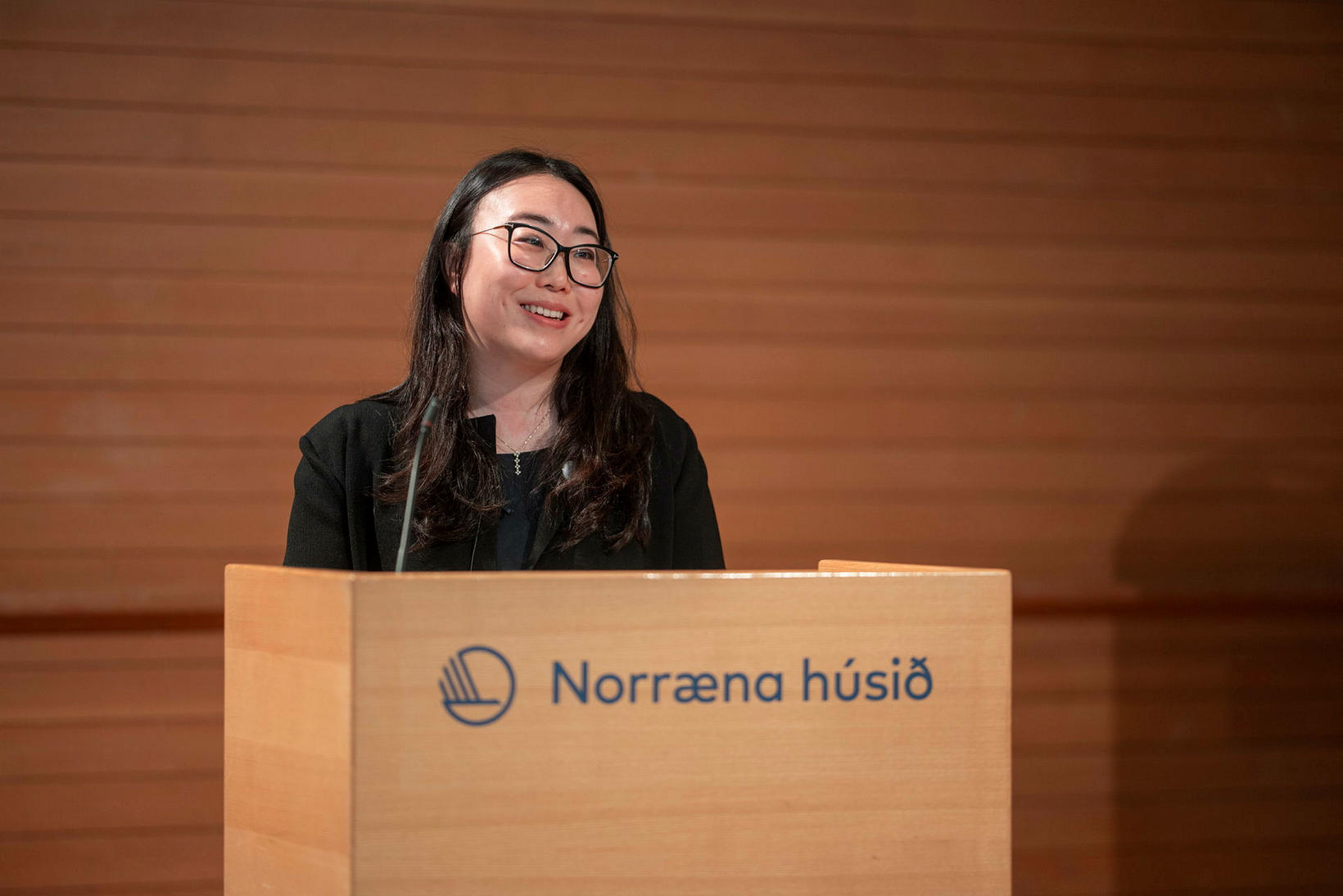
« What we can take out of such a conference and what I think people have learned here today is how multicolonial modern warfare really is. »
This is stated by Christine Keung, co -owner of J2 Ventures, a US investment company, which specializes in venture capital investments in innovation companies that work, among other things, artificial intelligence, biotechnology, network security, telecommunications, production and space science.
Keung gave an influential talk at the Höfði conference, the City of Peace Center, and the University of Iceland in collaboration with the Ministry of Foreign Affairs on Defense, Security and Disarmament at the Nordic House on Friday.
She says in a conversation with mbl.is that much has been learned about the role of the private sector and the markets in shaping the future of warfare. If she then hopes that it will be possible to integrate what the international community can learn from Iceland into the thinking of peace.
What I am now experiencing as a risk investor in these geopolitical circumstances is that my job is a new age of age. States want to manage technology, trade and talents. It’s really the new Cold War. It is this technical competition and venture capital is the core where we fund this technology, says Keung.
Can prove dangerous to cut down the Fulbright program
In his speech, Keung discussed the importance of international cooperation when it comes to education.
She herself has benefited from the Fulbright program, which aims to improve transverse culture, cultural diplomacy and cross-cultural skills between the United States and the inhabitants of other countries with mutual exchange and grants.
8,000 grants are awarded through the Fulbright program annually. Among other things, about 1,600 to US, about 1,200 to US scholars, about 4,000 to foreign students and about 900 to foreign scholars.
Keung says he is proud to be the offspring of the Fulbright program, which has enabled her to work for the Foreign Ministry and live in China, from where her parents come.
Trump cut the Fulbright program significantly in 2021 and says Keung it has grieved very much, as well as seeing that he intends to continue the cut. She says it is of great concern and something that can be really dangerous.
Christopher Daase, Deputy Director of the Frankfurt Peace Research Institute, led the panel discussions.
mbl.is/eythór
Flakners can play bridge role
At the end of Keung’s speech, panel discussions began as Christopher Daase, Deputy Director of the Frankfurt Peace Research Institute, led.
In addition to Keung, Christopher Ford, Professor of International Relations at the Missouri State State State State, Erlings Erlingsson, Self-employed military historian and adviser in the United Kingdom and Sibylle Bauer, Head of the International Peace Research Institute in Stockholm.
Christopher Ford says a conference like this is a very useful event because those who design defense and security policies and those responsible for military decisions are not always related to people who think more about conflict management, arms control and risk reduction.
Then there is also little direct relationship between those people with hard -core defense and security policy.
« Conferences that these allow us, who wander between them, to play this bridge role and I always learn a lot at such events and try to give as much of me as I possibly can. »
Ford says that both hardware and software will remain important in warfare, but for the most part the changes will be inside the computers in the future rather than in the hardware.
It will provide great challenges to the arms control sector because it is difficult to look at such a thing from the outside.
« We need to think carefully about how we are going to adapt to such in a major weapons control.
You can not see from the outside whether artificial intelligence has been weapon and if weapons inspectors have access to artificial intelligence in such weapons, weapons inspectors are actually given to the artificial intelligence, so that traditional weapons control does not work in such cases. «
Ford says this is an example that the old methods will not work well. Then you have to think up new methods.
« What are they and how do we live up to the next generations for what is to come? »
Calls for a changed thinking of states
Sibylle Bauer says mIt is important for the government to think about the future in a different way than before. She says they need to work with technical experts differently than before. Much that is being developed in the tech sector today and if it is not at all thought of warfare will possibly be used in the future.
She says the government often thinks for a short time, but they need to think about how the future will be shaped.
She made the so -called responsible scientist a topic. The responsible scientist can be attributed to this when a chemist discovered the first chemical weapon.
« He wasn’t thinking much. Responsible science is about having the ability and consciousness to consider these questions and choose correctly. »
Can it be argued that technological advances in warfare are to a certain extent fascinating but are they also dangerous?
Bauer says warfare is always dangerous and that is why we need to think with knowledge as a guiding light. She says that today war is often discussed in a very loose way and that many seem to have forgotten the lesson of the past.
« Sometimes I would like to send people to the museums that contain sources on the battlefields of the first and Second World War so that people realized what war is about and invest better in the fact that war will not be. »

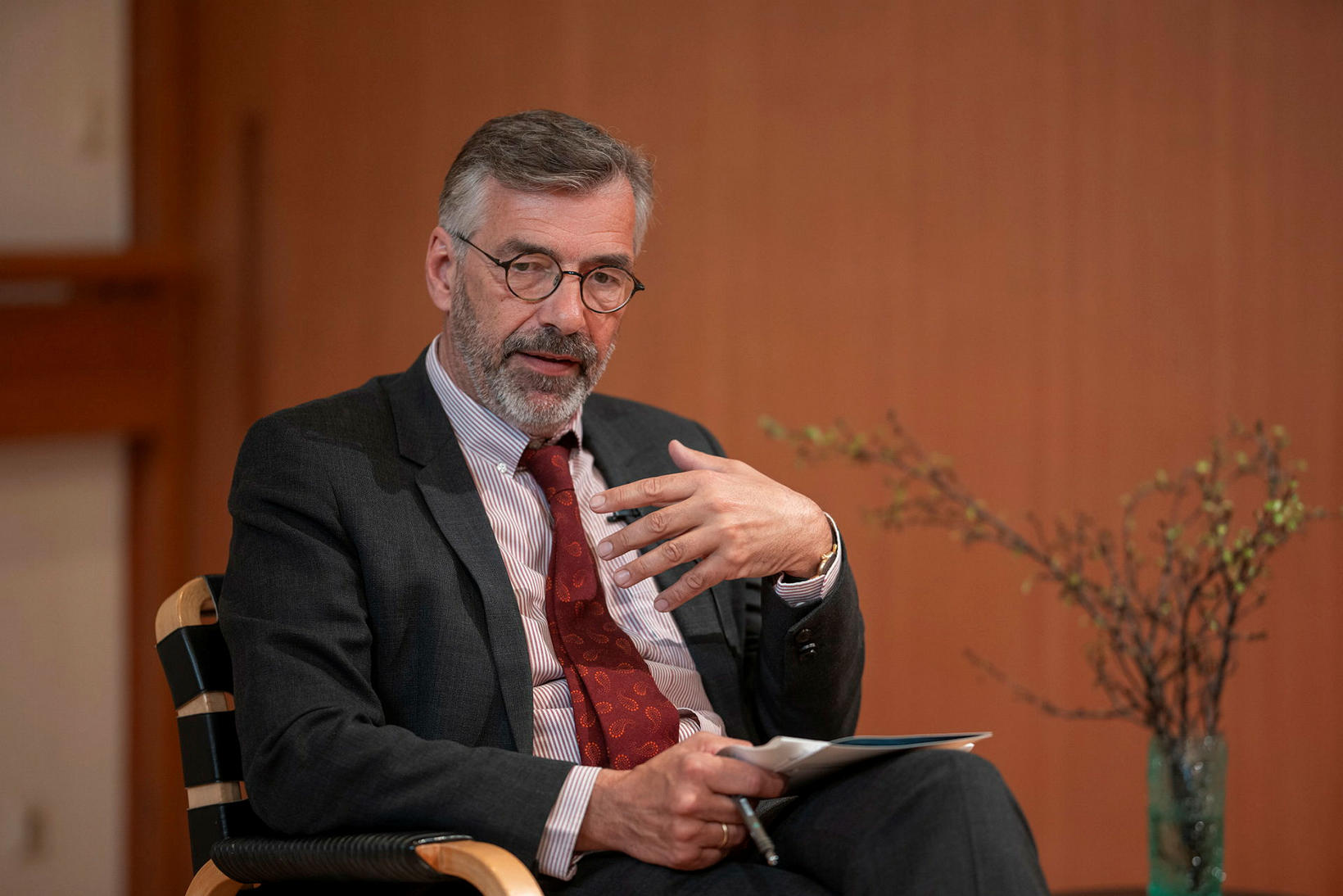
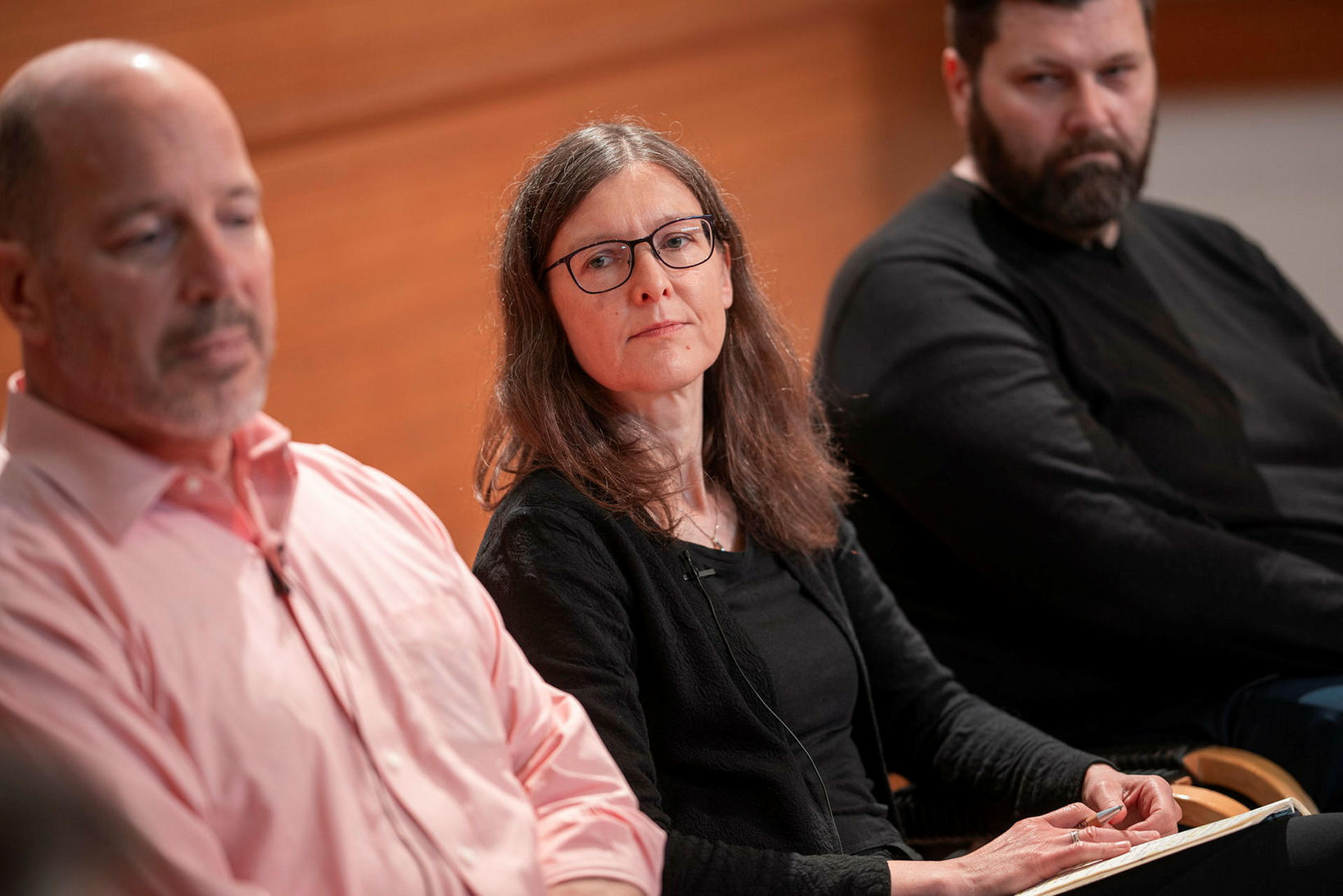
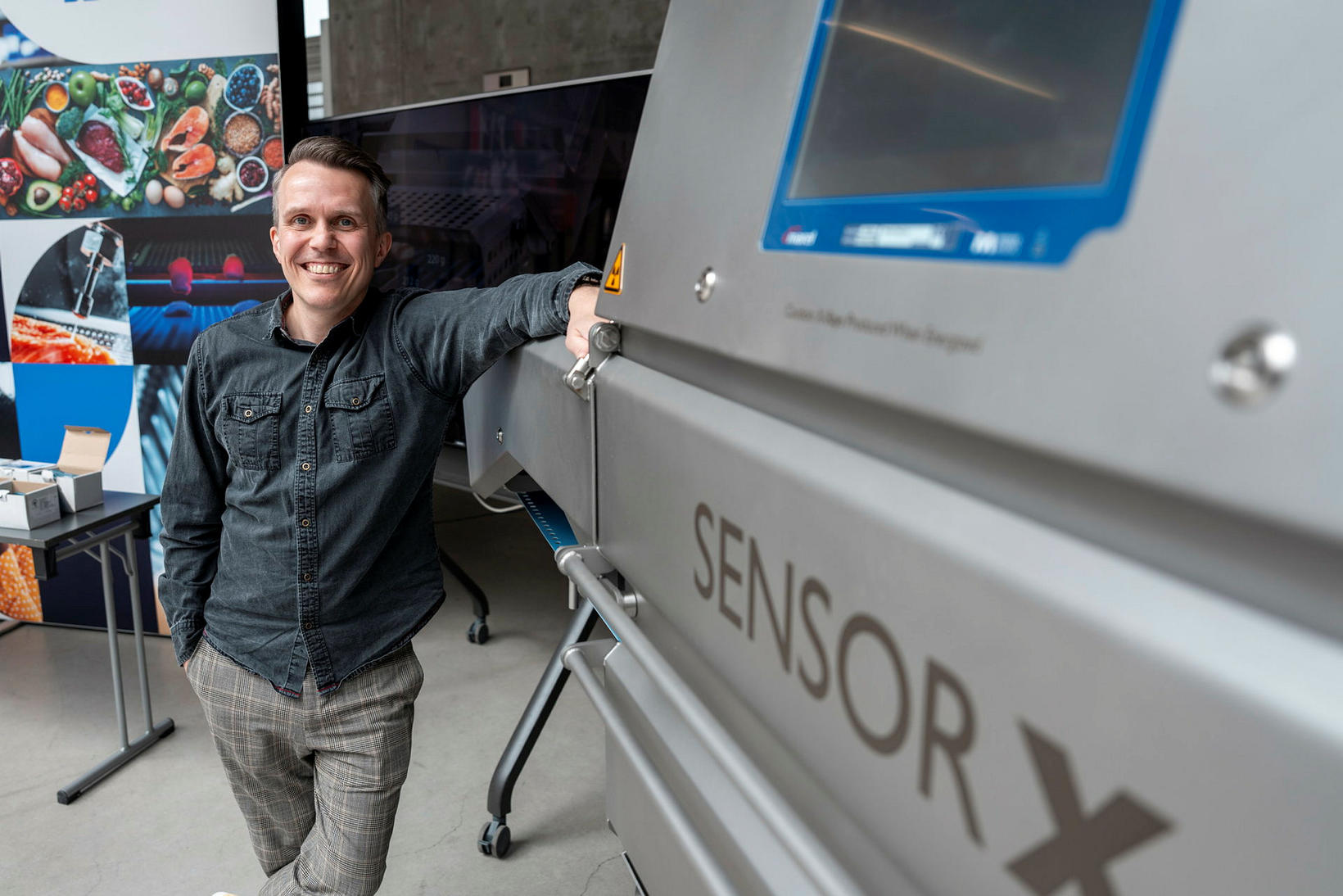
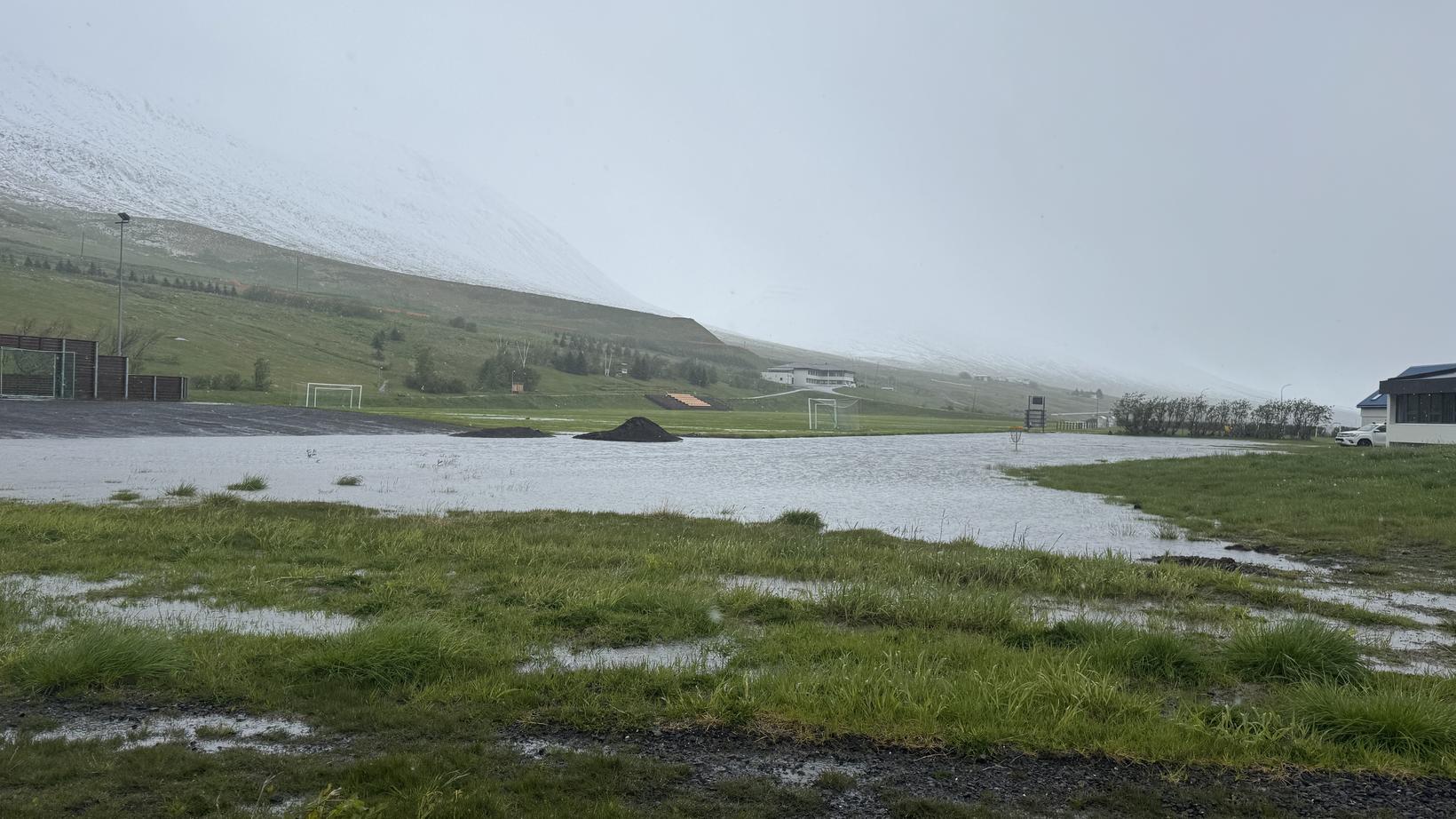
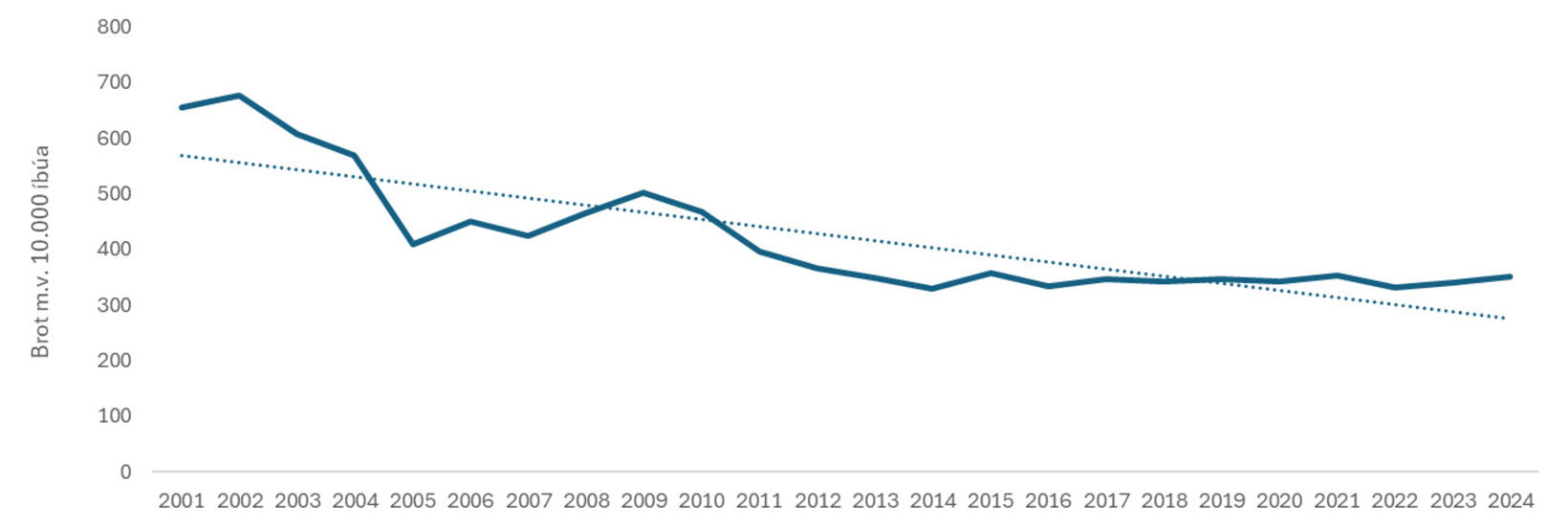

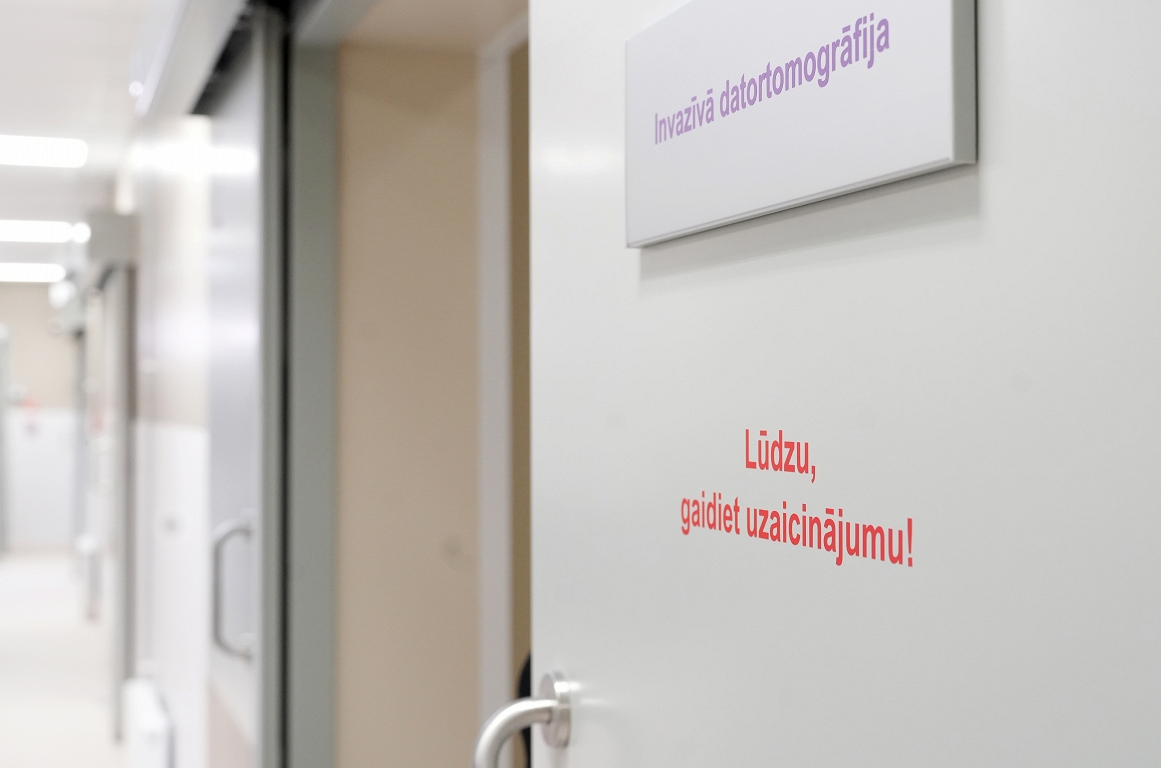

/s3/static.nrc.nl/images/gn4/stripped/data133226865-c43fb1.jpg|https://images.nrc.nl/1t7wIYIrETs12DuXLrEgx8ZVvd0=/1920x/filters:no_upscale()/s3/static.nrc.nl/images/gn4/stripped/data133226865-c43fb1.jpg|https://images.nrc.nl/7v6Vtkbr_BA0fjTlF2VUrt5ME34=/5760x/filters:no_upscale()/s3/static.nrc.nl/images/gn4/stripped/data133226865-c43fb1.jpg)